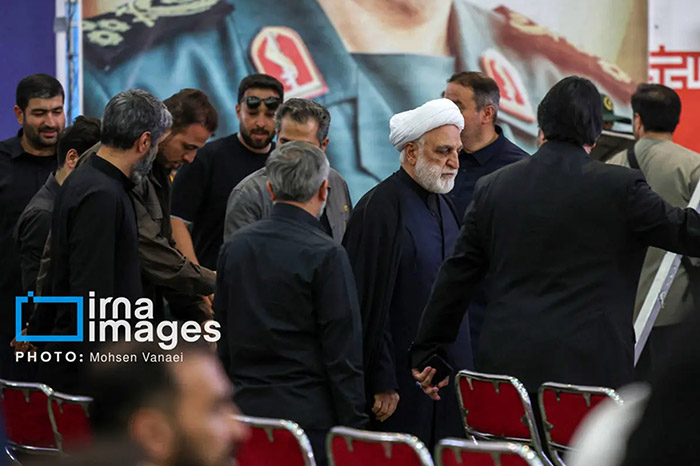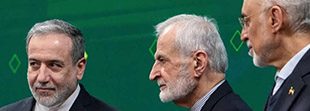Tehran at a Crossroads: Nuclear Strikes, Strategic Defiance, and the Future of Iran’s Nuclear Program
Nearly two weeks after coordinated strikes by the United States and Israel targeted Iran’s nuclear facilities, the full scale of the damage—and its implications for Tehran’s nuclear ambitions—remains uncertain. The attack, widely interpreted as an attempt to significantly delay or dismantle Iran’s capacity to build a nuclear weapon, has instead plunged the Middle East deeper into tension and raised urgent questions about the path Iran may now take. While some experts suggest the strikes may buy time for diplomacy or even curb Iran’s enrichment efforts, others warn that the opposite may occur: a pivot by Iran to a more clandestine, militarized, and defiant nuclear strategy.
The first indication of Iran’s trajectory came on Wednesday, when President Masoud Pezeshkian signed a bill passed by the Iranian Parliament to suspend cooperation with the International Atomic Energy Agency (IAEA), the United Nations’ nuclear watchdog. The move, also approved by the powerful Guardian Council, signals a potential turning point in Iran’s nuclear narrative—one that could lead to a new era of heightened secrecy and hostility.

